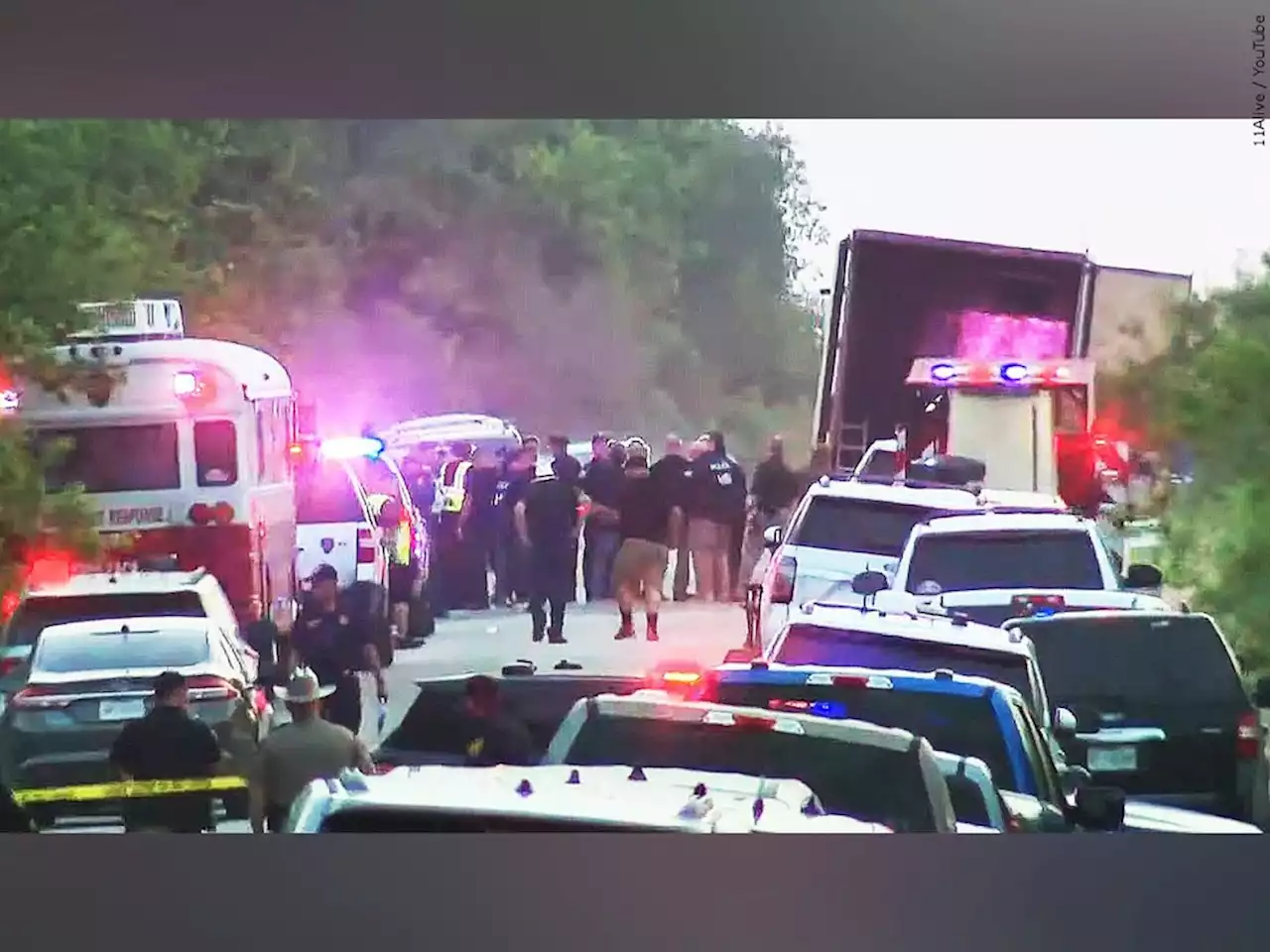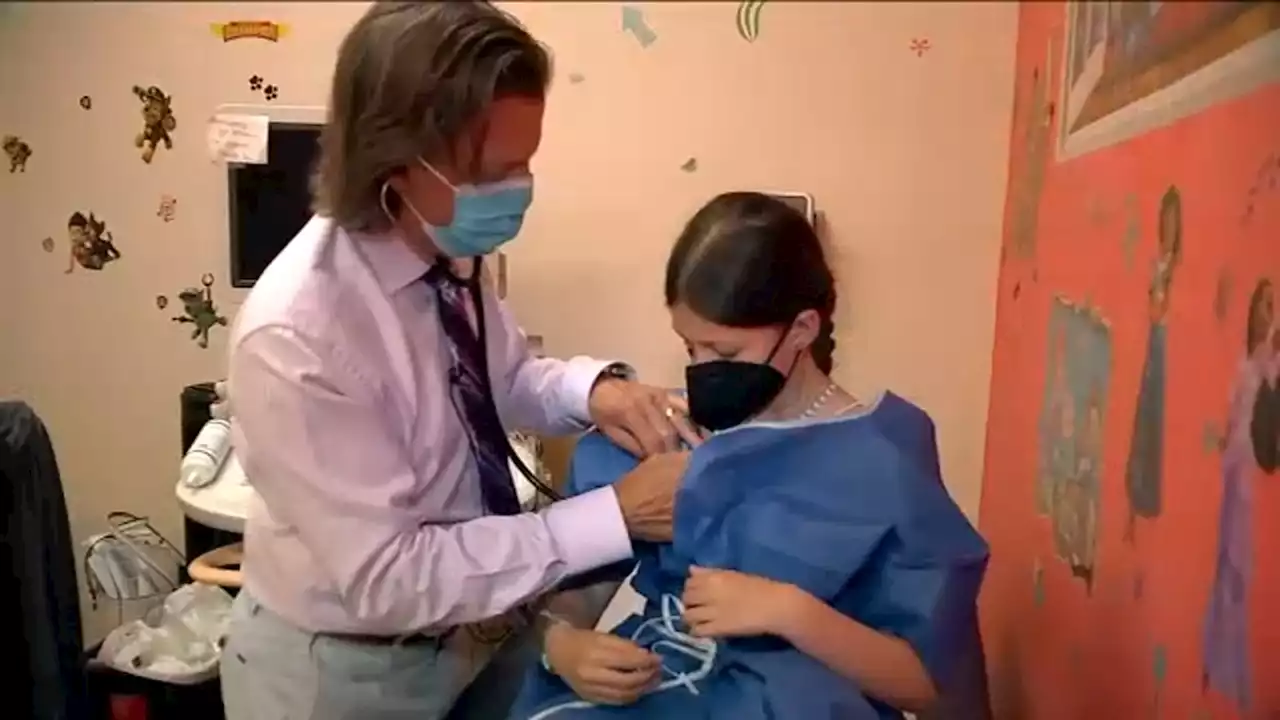“You can’t imagine it,” a man said, about the attacks on Severodonetsk, a city in eastern Ukraine. “Women screaming, children screaming. Bam! Bam! All day long. It’s not random, it’s systematic. They focus on a zone, and no one is left alive.”
There was a note of reproach in his voice. The number of firefighters in the Lysychansk squad had dwindled from a hundred and fifty to forty-nine. The station had been bombed three times. All but two of the engines were out of service. Russian artillery caused near-daily conflagrations throughout the city. After every fire, Viktor and his colleagues filled the engines at a nearby lake .
“Keep your chin up, we’ll go on living. Victory will be ours, at whatever cost. We are on our own land. Please take care of yourselves, my darlings.” “We don’t have another location,” the regional chief, Oleh Hryhorov, told me one morning in his office. Outside, we could hear bursts from a Kalashnikov—a policeman shooting at a Russian drone. In late June, shortly after I had left the Donbas, a direct hit on the building partially demolished it, injuring at least twenty officers.
Notwithstanding the conditions, the availability of nourishment at the school was a rare and precious amenity. Much of Lysychansk’s remaining population was concentrated in a district called R.T.I.—a Russian abbreviation of “Rubber Goods Factory”—and it was too dangerous to walk or bicycle from there to the city center. A drought of gasoline precluded driving. Some of the marooned residents were starving.
In 2014, separatists occupied Severodonetsk and Lysychansk, but Ukrainian forces soon pushed them back some thirty miles, where they entrenched themselves for the next eight years. The simmering conflict deterred investment and development in the region, exacerbating its economic plight. The area’s other major employer, the coal industry, suffered as poorly maintained mines collapsed, flooded, and closed.
Her left arm ended above the elbow. She’d lost it in 1972, at the rubber plant, when a steel roller grabbed her hand. Before the war, she’d received a monthly pension of a hundred and twenty dollars; now, like all the other retirees in Lysychansk, she was unable to withdraw the payments. A rocket had cracked the walls of her building. She crossed herself and said, “It’s still there, sticking through the roof. We don’t know when it will explode.”fucking times. My mother’s eighty-two.
But this was his intention. “I was one of the last to leave,” he went on. “You can’t imagine it. Women screaming, children screaming. Total hysteria—and you can’t do anything. Bam! Bam! All day long. It’s not random, it’s systematic. They focus on a zone, and no one is left alive.”“You haven’t seen enough. There were no police, no rescuers, no medics. . . . And you’re making jokes? Fuck.” Noticing someone outside, he said, “Here’s another old fool. We’ll be picking up pieces of people like this.
United States Latest News, United States Headlines
Similar News:You can also read news stories similar to this one that we have collected from other news sources.
 2 indicted in migrant death-trailer case that left 53 deadTwo men have been indicted in the case of a tractor-trailer rig found with 53 dead or dying migrants inside in San Antonio.
2 indicted in migrant death-trailer case that left 53 deadTwo men have been indicted in the case of a tractor-trailer rig found with 53 dead or dying migrants inside in San Antonio.
Read more »
 9-year-old girl travels from war-torn Ukraine to Long Island for life-saving heart surgeryA 9-year-old girl from Ukraine got heart surgery on Long Island Wednesday that could change her life forever.
9-year-old girl travels from war-torn Ukraine to Long Island for life-saving heart surgeryA 9-year-old girl from Ukraine got heart surgery on Long Island Wednesday that could change her life forever.
Read more »
